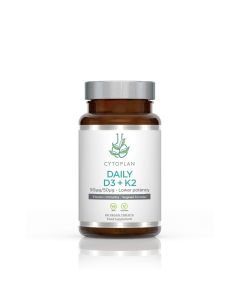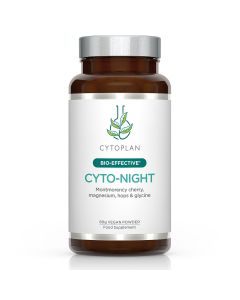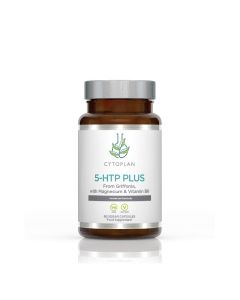I really struggle to get to sleep, what can I do to help?
Millions of us struggle with sleep – either getting to sleep, or staying asleep. Sleep hygiene is a way of preparing the body for sleep, so having a similar routine every day can help programme the body to know when it is time to sleep. Different things work for different people so it’s important to try various techniques to find out which are most effective for you.
Here are some tips for good sleep hygiene:
- Aim to go to bed and wake up at the same time each day as this helps to set your circadian rhythm which is responsible for controlling your sleep-wake cycle
- Try to get some natural sunlight for a period of time during the day (aim for at least 1 hour) as this helps to keep your body clock (circadian rhythm) in sync
- Exercise regularly (aim for 30 minutes daily), but avoid vigorous exercise too late in the evening
- Cut down on caffeine during the day and stay away from caffeinated drinks in the evening as these act as stimulants
- Eat dinner at least 3 hours before bedtime to give your body a chance to digest your meal, and allow it to rest and repair throughout the night
- Avoid alcohol before bedtime as it disrupts normal sleep patterns
- Limit your fluid intake in the last couple of hours before bedtime
- Avoid screens (TV, phone, computers) for at least 30 minutes before going to bed. You can also use apps which can be helpful for blocking blue light from your devices (blue light suppresses melatonin production). Try Twilight for android, Nightshift for IOS and F.Lux for your PC
- Adopt a relaxing and calming night time routine – consider an Epsom salt bath, using aromatherapy oils, or meditation/mindfulness/deep breathing practice to help you wind down in the evening and naturally lower cortisol (stress hormone) levels
- Sleep in a dark, quiet room - black out blinds, eye masks and earplugs can all be helpful in creating this optimal environment
When looking at sleep, it’s also important to consider nutrients, particularly those which are involved in the manufacture of key neurotransmitters required for sleep.
- Magnesium, often referred to as the calming mineral, supports normal nervous system function and is a cofactor for the enzyme which produces serotonin during the day. At night, serotonin is converted to melatonin; a hormone which helps to initiate sleep
- 5-HTP is an amino acid, and a precursor required for the production of serotonin. Serotonin is itself a precursor for the production of melatonin – the sleep hormone
- Probiotics may be worth considering as a recent study has shown that the balance of the gut microflora can have an effect on sleep quality, with an imbalance of microflora being associated with poor sleep (Matenchuk BA, Mandhane PJ, Kozyrskyj AL. Sleep, circadian rhythm, and gut microbiota. Sleep Med Rev. 2020 Oct;53:101340. doi: 10.1016/j.smrv.2020.101340. Epub 2020 May 13. PMID: 32668369). It’s also interesting to note that 90% of serotonin is produced in the gut
- L-Theanine is an amino acid naturally found in tea leaves. It supports the production of alpha brain waves which are associated with a state of relaxation, as well as GABA (a calming brain neurotransmitter)
- Ashwagandha and rhodiola, both popular herbs in Eastern traditions, may be just the rejuvenating tonic you need if you’re suffering with tiredness and fatigue










